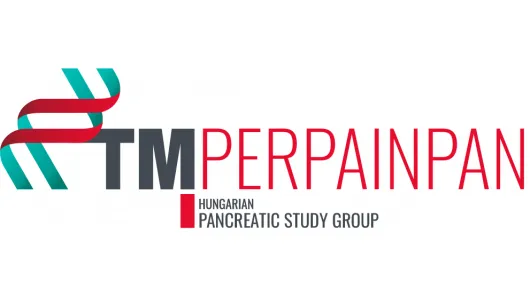
Personalised pain management for patients with chronic pancreatitis
Chronic pancreatitis (CP) is a disease that is difficult to treat, is associated with pain and affects about 70% of patients.The effectiveness of treatment depends on several factors related to the pathophysiology of pain. Damaged nerve fibres send the wrong signals to the body's pain centres, resulting in neuropathic pain. In some patients, the alteration in nerve function means that conservative or interventional (endoscopic or surgical) treatment is not effective in relieving pain.
Quantitative bedside tests (P-QST) are based on the detection of changes in the skin as a result of summation from internal organs and bodily stimuli, allowing the differentiation of pain responses, which may be predominantly peripheral (pancreas), segmental (spinal cord) or central (brain). With electroencephalography (EEG), neuronal communication between brain areas responding to a stimulus can be investigated, allowing experiments to characterise the pain response, with the possibility of later informing pain therapy decisions.
Principal investigator: Péter Hegyi
Local coordinator: Zoltán Hajnády